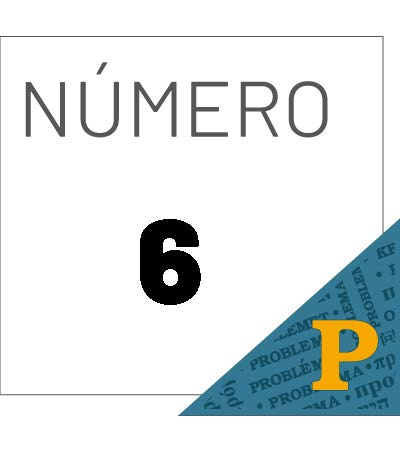In Praise of Wishful Thinking. A Critique of Descriptive/Explanatory Methodologies of Law
Scholars have given attention to the question of whether morally-neutral philosophical analysis of the concept ‘law’ is a sustainable project. Less at- tention has been given to whether the methodological approach that relies on morally-neutral description and explanation, rather than on philosophical analysis, is a defensible project. My primary goal in this paper is to argue that although descriptive/explanatory theorizing is a logically possible project, it is not a defensible one. I claim that there is no reason to insulate legal theorizing from moral arguments. Indeed, it is desirable for legal theorists to employ moral considerations because it is only through moral argument that we can answer important questions we care about with respect to law.
Resumen:
Muchos teóricos han prestado su atención a la pregunta sobre si el análisis filosófico moralmente neutral del concepto ‘derecho’ es un proyecto sostenible. En cambio, se ha prestado menos atención a discutir si el en- foque metodológico basado en descripciones y explicaciones moralmente neutrales, en lugar del análisis filosófico, es un proyecto defendible. Mi objetivo principal en este artículo es argumentar que, si bien la labor teórica descriptiva/explicativa es un proyecto lógicamente posible, no es, sin embargo, defendible. Yo sostengo que no hay razón para aislar la labor teórico-jurídica de los argumentos morales. Por el contrario, es deseable que los teóricos del derecho empleen consideraciones morales, debido a que es sólo a través de argumentos morales como podemos responder las preguntas que nos preocupan en relación con el derecho.
Article Details
Use of Creative Commons (CC) licences
All texts published by Problema. Anuario de Filosofía y Teoría del Derecho, without exception, are distributed under the CC-BY-NC-ND 4.0 International licence, which allows third parties to use what is published, as long as they mention the authorship of the work and the first publication in this Anuario.
Accessibility to articles and other publications in whole or in part under the concept of copying, distribution, public communication, interactive access (via the Internet or other means), while explicitly acknowledging the author(s) and the journal itself (acknowledgement of authorship).
Please note that if articles are remixed, modified or fragments are used in other creations, the modified material may not be distributed, nor may versions be reconstructed from the original published articles (derivative works).
The use of the contents of the published articles, in whole or in part, for profit-making purposes (non-commercial acknowledgement) is prohibited.


























